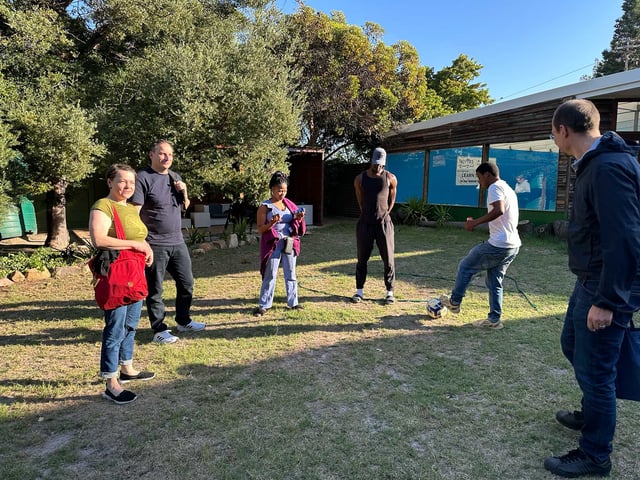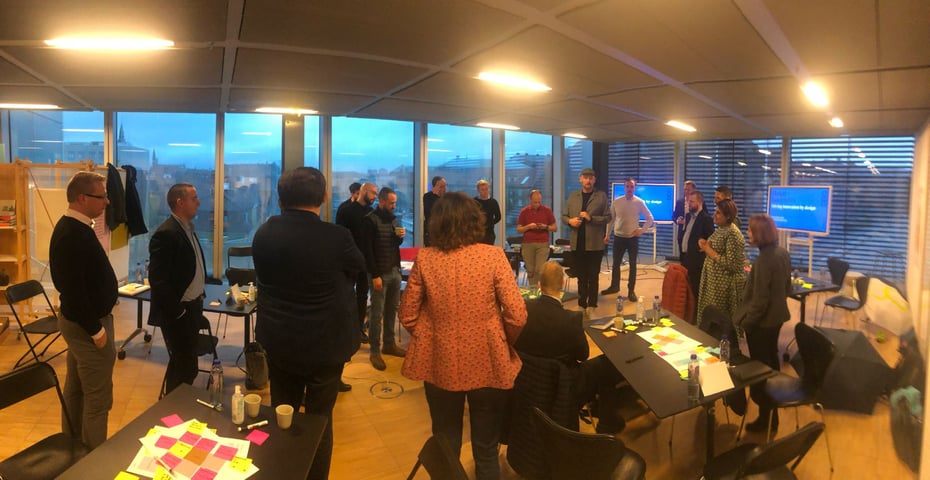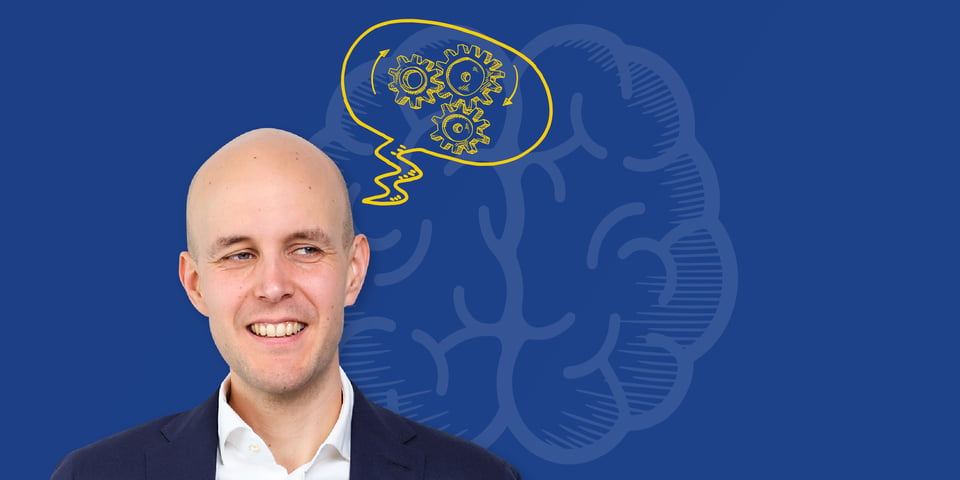I tend to find the funny in most things – especially in business. Even if this is an endless source for laughs and good times, there is also a negative side effect to this because some people will feel that I am ridiculing things that are important to them. Taking an ironic stance on things in work life will effectively prevent you from becoming overcommitted and burned out, but it can also lead to harmful distancing where you never take anything seriously.
This is an example of one of my reflections in the learning journal within the personal development (PD) module of the Henley Executive MBA (EMBA). Personal development builds the backbone of the Henley EMBA and runs as a continuous element through the programme. There are also individual coaching sessions by certified coaches, which are highly useful especially for clarity of goal setting and building necessary commitment for the personal development goals.
In the end of February, we had the second PD workshop with the focus on listening, coaching and the effect of values and belief systems on our actions and priorities. On a personal level, this was yet again a deep dive and an opportunity to reflect on how our formative years shape our thinking and behaviour radically. I will share some of these reflections in this blog post.
Whenever a personal development workshop or exercise is on its way, I tend to think “not again, I don’t want to do PD”. That is the mind speaking, trying to resist mental change and hard work that all sustainable personal development entails. Still, I believe that personal development is important because most of the real development as a leader comes from the shaping of thinking and behavioural patterns, not from accumulating knowledge.
I come from an intellectual academic family, where postmodern art, culture and knowledge are highly appreciated, and naive enthusiasm is frowned upon. This attitude and these mental models I got from home served me quite well during my school and university years, where this kind of behaviour is tolerated and sometimes even rewarded. I could easily analyse and point out how useless most of the effort was.
The conflicts started to surface when I entered working life. I saw hard-working corporate climbers and “self-made men” entrepreneurs who seemed to be really into what they were doing – without any ironic or intellectual distancing of any kind. My intuitive response was trying to ridicule them and apply the “rat race” rhetoric to them proving my superiority.
Now you might ask what kind of personal development goals I have set to deal with this potentially toxic behavioural and thinking tendency. Well, I’m not planning to become unironic and I probably won’t ever be one of those “100% all in, c’mon let’s do this” people, but I’m trying to develop a better understanding and tolerance for committed, enthusiastic people. I may never fully understand them, but I can successfully work beside them and appreciate the positive things they bring.
The one thing I dislike about being openly ironic and intellectually distancing yourself from work is that some people will actively diagnose you with burnout, because seeing work as meaningless is one of the symptoms of the burnout syndrome. These well-meaning people are not convinced when you cite philosophers who have concluded that in the end everything is meaningless. They will pity you and maybe even console you with “don’t worry, you too will someday find the right job and be enthusiastic about”.
But it’s not about the job. It’s about the personal relationship towards work and work life. And I like to keep all work-related things at a certain distance. This is both my superpower and ultimate weakness in business.
You can follow my EMBA journey through weekly updates with the hashtag #JuhoGoesEMBA on LinkedIn.
If you would like to learn more about the Henley EMBA:








